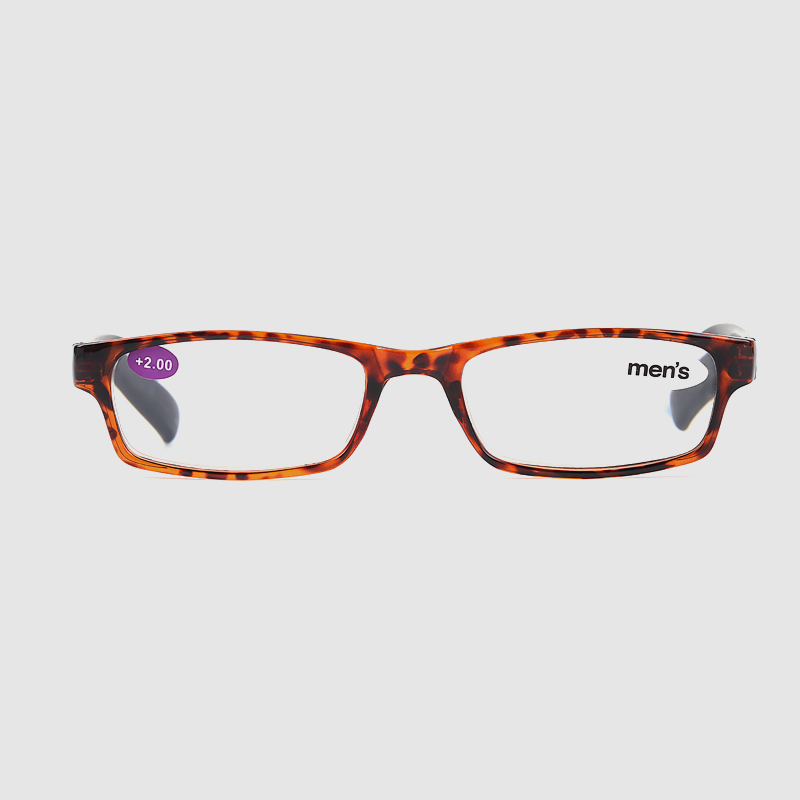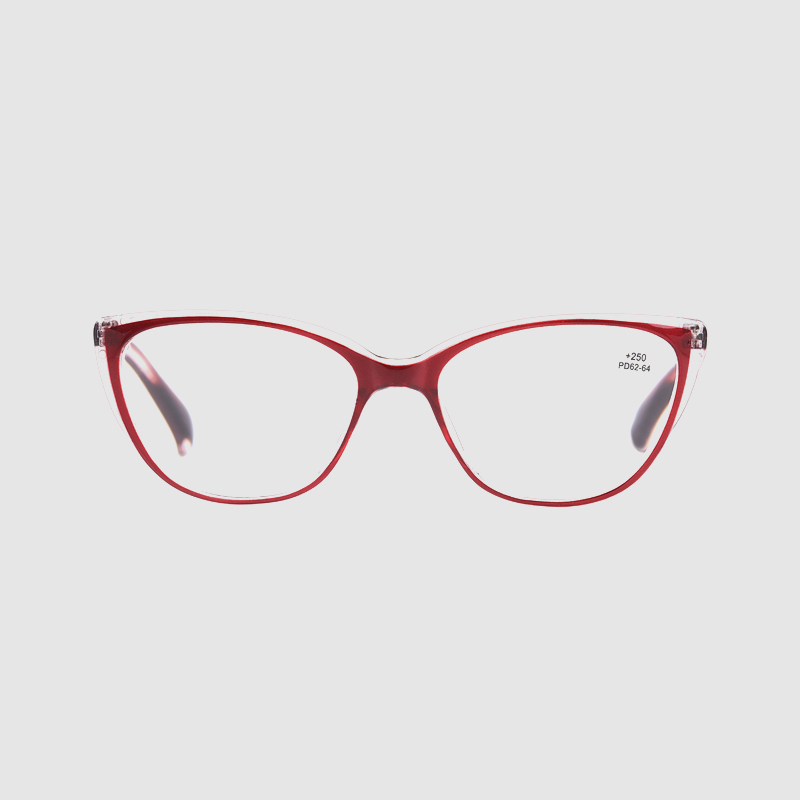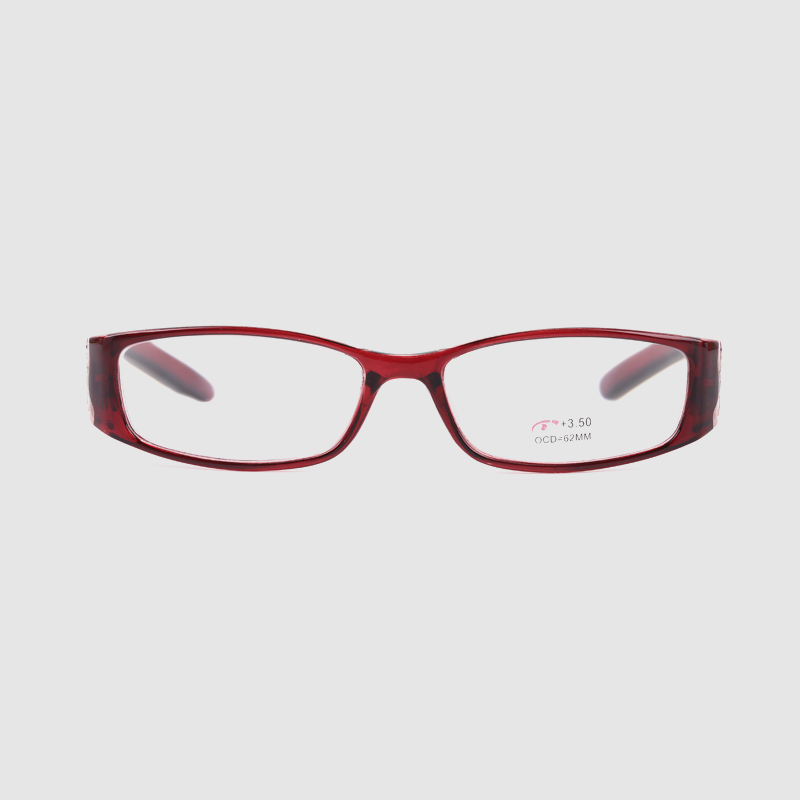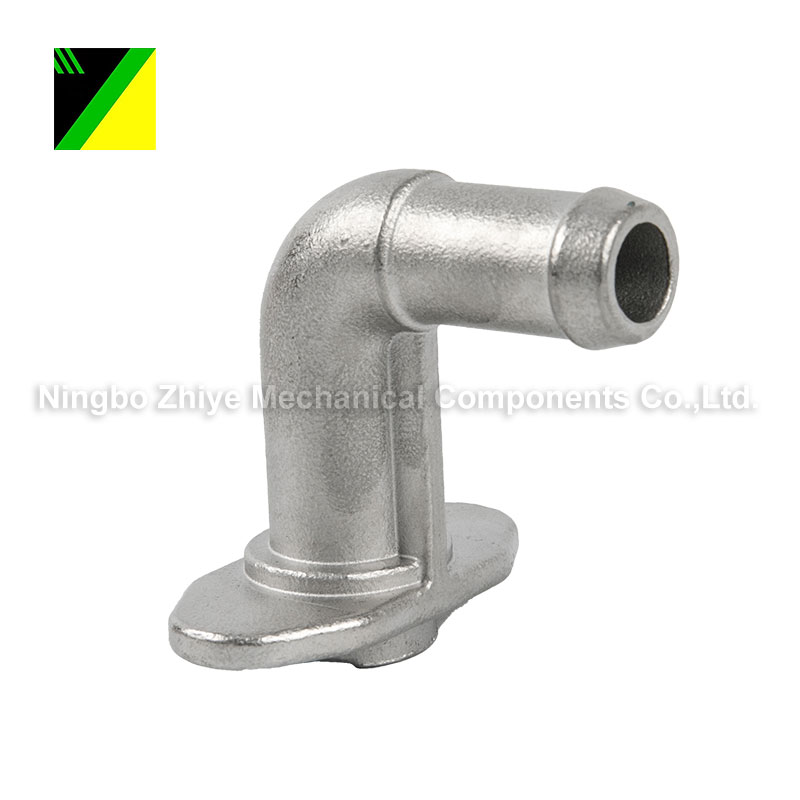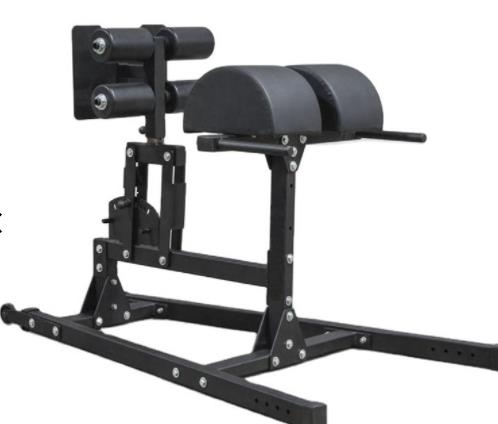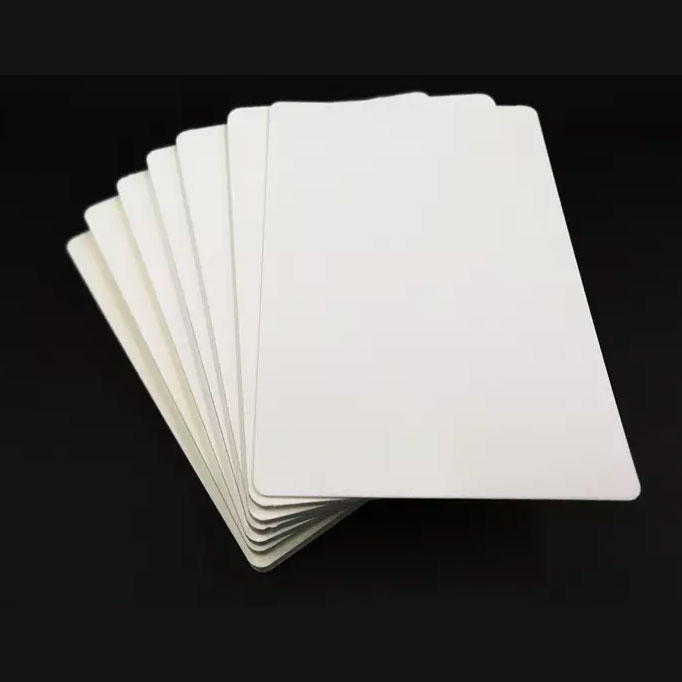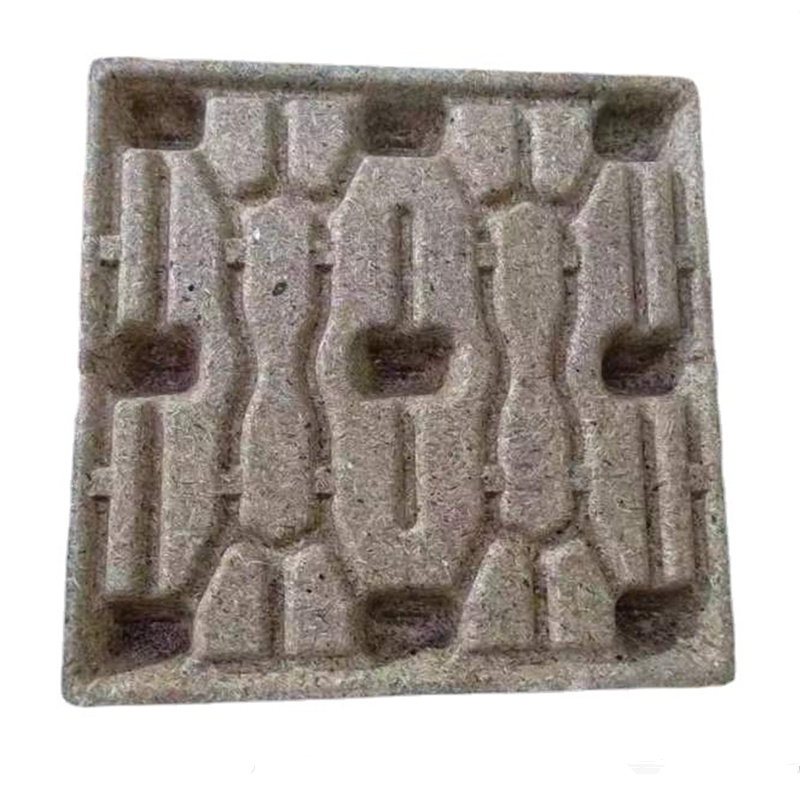Reading Glasses
Reading glasses, also known as readers or magnifying glasses, are eyewear designed to assist individuals with presbyopia, a common age-related condition that affects near vision. Presbyopia occurs when the natural lens of the eye loses flexibility, making it difficult to focus on close-up objects.He......
Send Inquiry
Product Description
Reading glasses, also known as readers or magnifying glasses, are eyewear designed to assist individuals with presbyopia, a common age-related condition that affects near vision. Presbyopia occurs when the natural lens of the eye loses flexibility, making it difficult to focus on close-up objects.
Here are some key points about reading glasses:
1. Magnification Power: Reading glasses have lenses that provide magnification to compensate for the loss of near vision. The power of the lenses is measured in diopters (D) and typically ranges from +1.00 D to +3.00 D, increasing in increments of 0.25 D.
2. Over-the-Counter Availability: Reading glasses are widely available over the counter without a prescription. They can be purchased at pharmacies, supermarkets, and eyewear stores. The selection includes various styles, colors, and materials.
3. Non-Prescription Readers: Non-prescription reading glasses, also called "ready-made readers," have the same magnification power in both lenses and are suitable for people with a similar vision correction requirement in both eyes.
4. Prescription Readers: Some individuals may require different magnification powers for each eye. In such cases, prescription reading glasses can be prescribed by an eye care professional. These glasses provide customized magnification for each eye and can also correct for any other visual issues the individual may have.
5. Multifocal Readers: For individuals who have presbyopia and another refractive error, such as nearsightedness (myopia) or farsightedness (hyperopia), multifocal reading glasses can be prescribed. These glasses have different zones in the lenses that allow clear vision at various distances, including close-up and faraway objects.
6. Choosing the Right Power: It's important to choose the appropriate power of reading glasses to ensure comfortable and effective vision correction. If unsure about the power needed, it is recommended to consult an eye care professional who can conduct an eye examination and provide guidance on the appropriate power for reading glasses.
7. Temporary Use: Reading glasses are typically used for close-up tasks, such as reading, writing, or using electronic devices like smartphones or tablets. They are not designed for continuous wear or for distant vision activities like driving.
8. Regular Eye Exams: It's essential to have regular eye examinations, even if using reading glasses, as they may not address other vision issues or eye conditions that may require attention.
Remember, reading glasses are a convenient solution for presbyopia, but they may not be suitable for everyone. It's best to consult an eye care professional to determine the most appropriate vision correction options based on individual needs and eye health.
